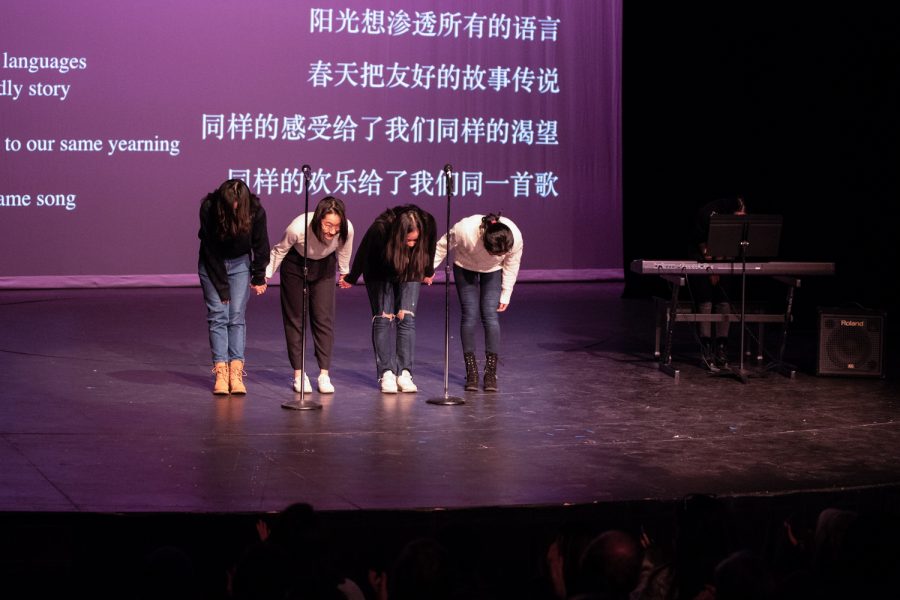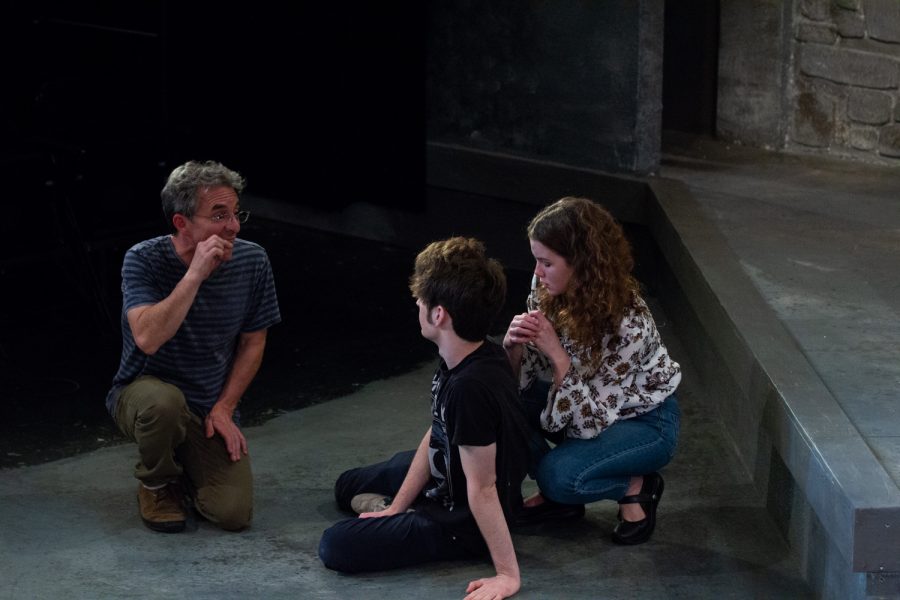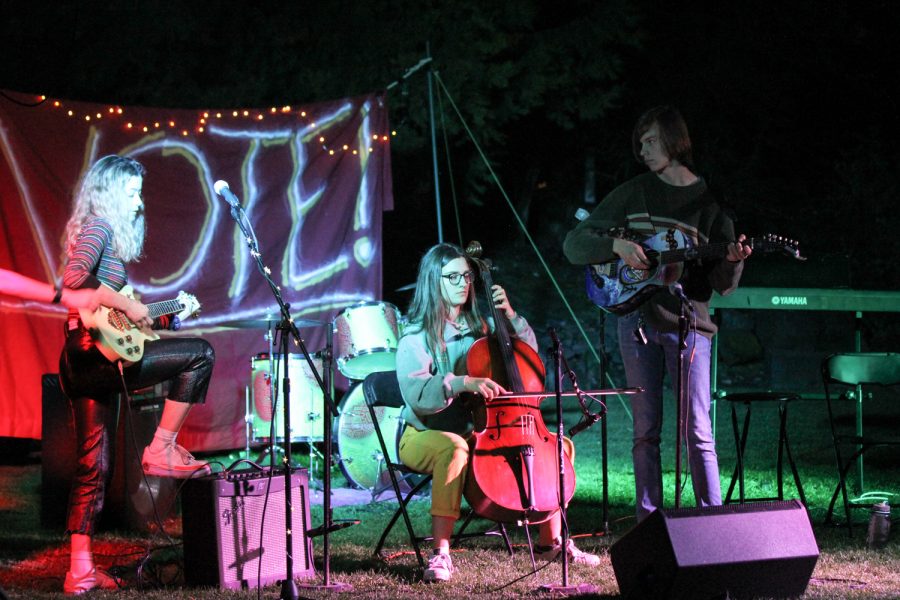
When tickets to the One-Act Play Contest sold out in two days, there were many less-than-joyful students left waiting at Harper Joy Theatre.
“I know a ton of people that wanted to get tickets to the show and weren’t able to,” said senior Galen Cobb, scriptwriter of “Ferrets of my Heartbroken Past.” “The last dress rehearsal was packed with a lot of my friends, because it was so difficult to get tickets: the box office is open at inconvenient times for people with classes, and it’s such a time-sensitive thing. I think a lot of people were disappointed.”
In addition to the popularity of the One-Acts, tight theater schedules and a high number of season passes held by community members combine annually to restrict the number of tickets available to students. Nancy Simon, the Garrett professor of dramatic art, addressed the difficulties of would-be ticket buyers.
“First of all, let me say to the students who couldn’t see the show, they get plenty of notice about when tickets go on sale,” said Simon. “Everybody who came the day tickets went on sale got a ticket. It is advertised on our posters all over campus, it is advertised in our news releases and they receive an e-mail the Friday prior to the date the tickets go on sale. So they don’t have too much to weep about if they didn’t get a ticket; they just didn’t get their . . . finger on the phone,” she said.
The high level of student demand begs the question of why the contest is not held on Harper Joy’s main Alexander Stage, which boasts seating for 315. Sponsor and founder of the contest Craig Gunsul, professor of physics, emeritus, clarified the reasons for consistently holding the One-Acts on the smaller Freimann Stage, or black box, which holds only 60 to 100 audience members.
“I think the first reason is, one-act plays are better in the small space. One-act plays need intimacy,” said Gunsul. “Second is, we’re part of the season, and we’re kind of in the season on the forbearance of the drama department. They include it, but it’s not part of anything they do. They’ve been real supportive, but it’s really an outside thing.”
His sentiments regarding the inherent intimacy of the One-Acts were closely echoed by many others.
“Our cast only has two people in it, so it really makes sense for our show, because it’s not a big spectacle type of show at all. It’s very intimate in its nature,” said director of “The Ride” sophomore Caitlin Goldie.
Sophomore Michaela Gianotti, author of “That Chair is Empty” and winner of this year’s One-Acts, agreed. She acknowledged that the black box provides a more effective setting for her show’s budget.
“I don’t think my play would be as effective, would have the same impact on the bigger stage,” she said. “We have a budget of $75, and you can’t fill the huge stage with $75. We’d be swimming out there.”
Students may recall the Instant Play Festival this past fall, which placed works of an even more minimalist nature on the large Alexander Stage. What essential difference suited the festival for the main stage and the One-Acts to the black box?
“Chris Petit brought [the Instant Play Festival], and that’s his baby. He’s a theater professor,” said Gunsul.
Meanwhile, the sets for Petit’s next show, “Around The World In 80 Days,” are currently being built on the Alexander.
Simon offered a different perspective.
“We would if we could, do the Instant Play Festival in the black box, but we are responsible for making a certain amount of money, and we can only do the Instant Play Festival for two performances,” she said.
The tight schedule of building and performance required to fit eight shows into a single season precludes the One-Acts from lengthening their run on the Freimann Stage, as does the endurance of the actors.
One potential solution to the ticket shortage lies in the opening of dress rehearsals to the public. Directors and scriptwriters sounded off on the advantages and disadvantages of open rehearsals.
“The last dress rehearsal we opened up to an audience, and we had a full house,” said Goldie. “There were people sitting not on chairs, sitting wherever they could: and I think more people would have come if we had opened up the other ones.”
“I think it changes [the experience] considerably,” said Cobb. “It’s the third dress rehearsal, so we’ve been going through run-throughs for about a week, but we’re still working out the kinks in dress rehearsals. It’s a different dynamic. It doesn’t have the same weight. It was less polished, less cohesive.”
As ongoing plans for a newer, slightly larger black box theatre develop, it remains to be seen how future generations of the One-Acts will evolve.









